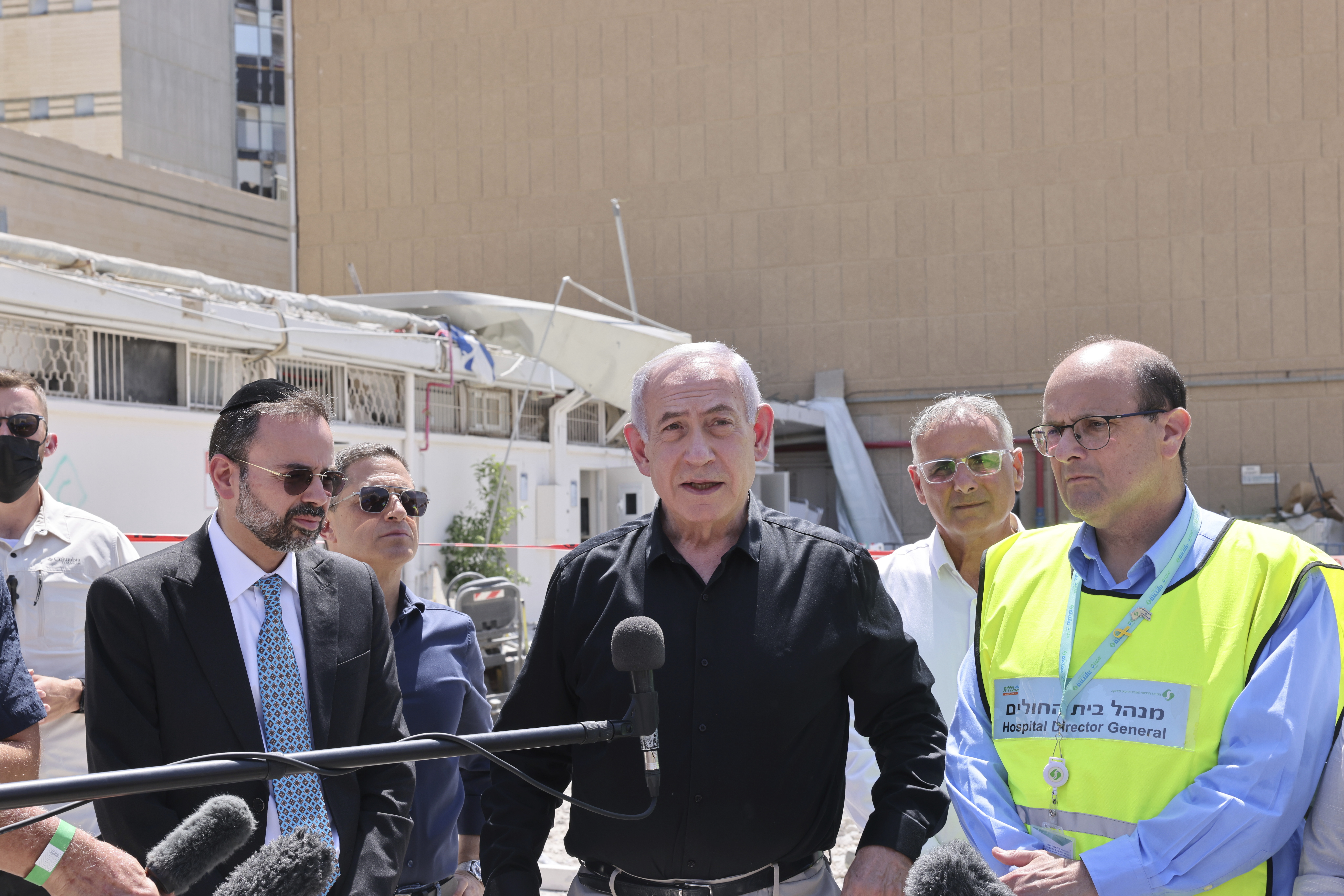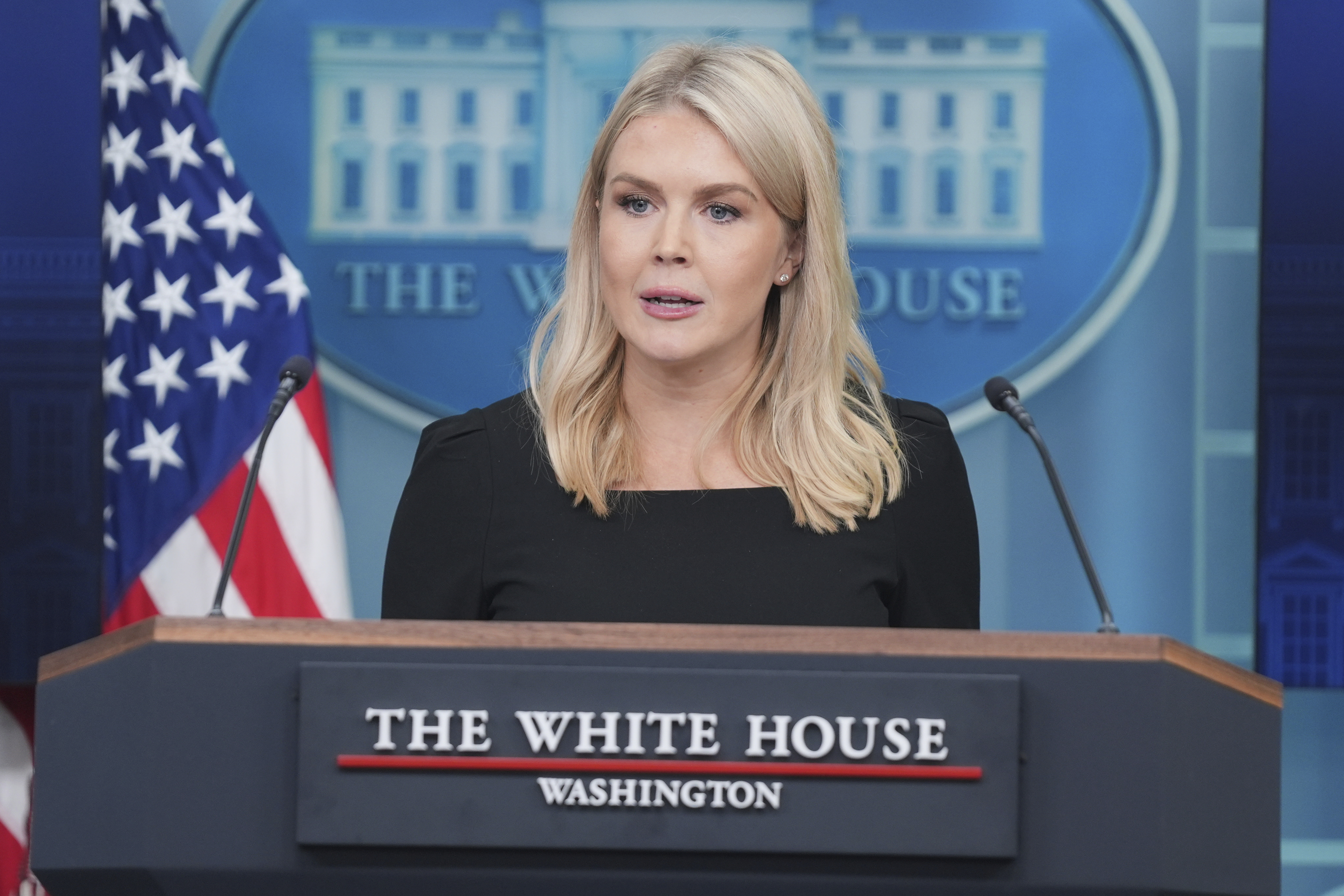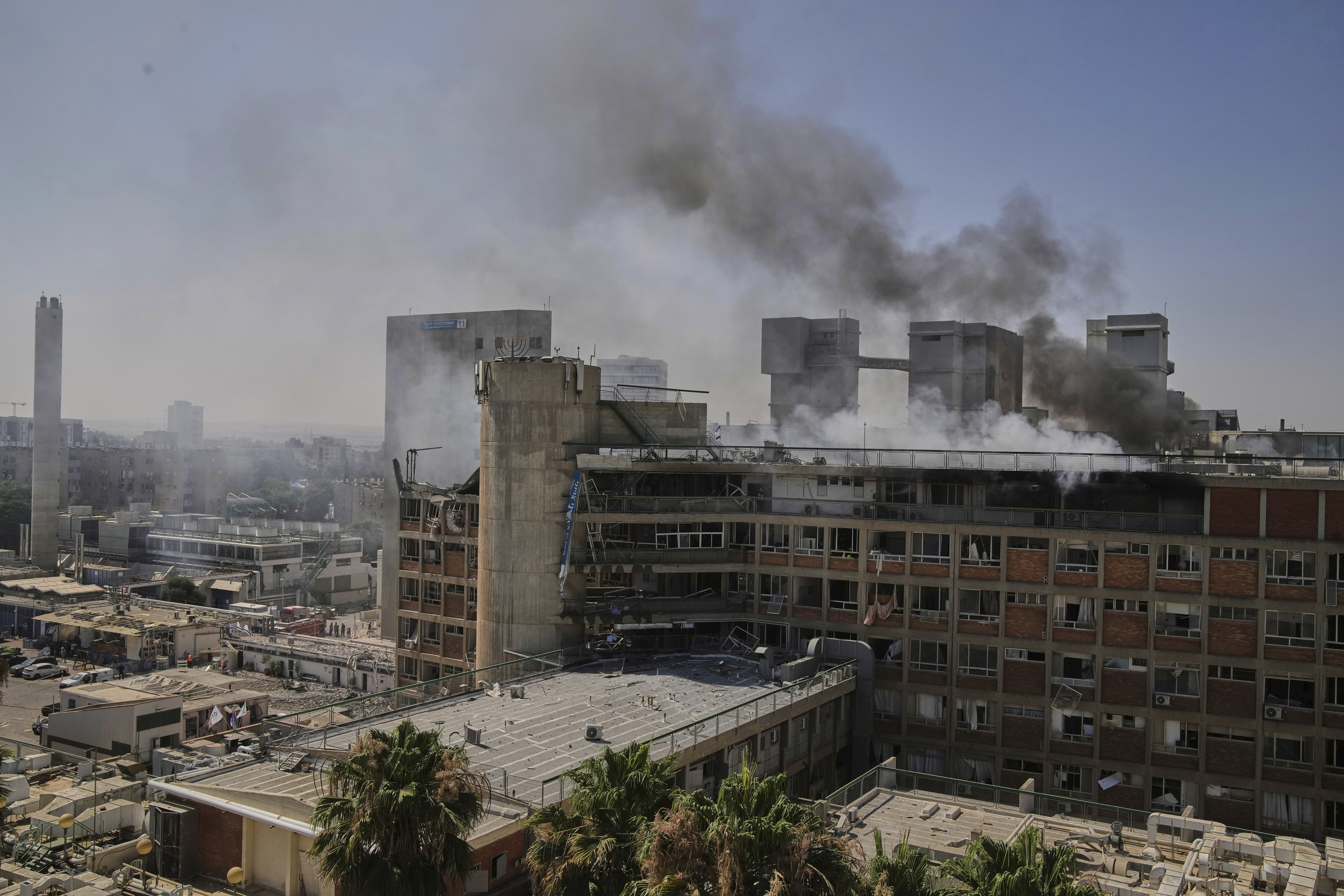
NEW YORK/JERUSALEM/TEHERAN/BEIRUT/BAGHDAD - Israeli Prime Minister Benjamin Netanyahu said on Thursday that Israel had already destroyed "more than half" of Iran's missile launchers and was "capable of striking all of Iran's nuclear facilities".
In an interview with the Israeli Public Broadcasting Corporation, Netanyahu said seven days into the war, Israeli forces were ahead of schedule in their offensive against Iranian nuclear and missile sites, although he did not give a timeline for an end to the Israeli attacks.
The change or fall of Iran's leadership was not a goal of Israel's attacks but could be a result, he also said.
On Thursday, the Israel Defense Forces announced in a statement that it had launched a broad aerial campaign across Iran, including a strike targeting the inactive Arak nuclear reactor in western Iran.
Also on Thursday, missiles fired from Iran struck a hospital and residential buildings in Israel, wounding more than 30 people, according to Israeli health authorities and local media.
Iran's state news agency IRNA, however, said Iran targeted Israel's military intelligence facilities in its strikes on the southern part of the country on Thursday morning, not a hospital as was reported by some media outlets.
ALSO READ: US has complete control of skies over Iran, says Donald Trump
Meanwhile, US President Donald Trump will make a decision on whether he will order a strike against Iran in the next two weeks, White House Press Secretary Karoline Leavitt said at a briefing on Thursday.
"Based on the fact that there's a substantial chance of negotiation that may or may not take place with Iran in the near future, I will make my decision whether or not to go in the next two weeks," Leavitt read a statement from Trump who responded to speculation about whether the United States would directly get involved in the conflict between Iran and Israel.
Iran must agree to no enrichment of uranium, and Teheran must not be able to achieve a nuclear weapon as part of any diplomatic agreement, Leavitt said.
Correspondence between the United States and Iran "has continued" as the two sides engage in negotiations, Leavitt said, echoing earlier Thursday reports that US special envoy Steve Witkoff and Iranian Foreign Minister Abbas Araghchi have talked by phone several times since Israel began its strikes on Iran on Jun 13, in a bid to find a diplomatic end to the crisis.
The talks included a brief discussion of a US proposal for Iran aiming to create a regional consortium that would enrich uranium outside of Iran, which Teheran has so far rejected, local media quoted three diplomats as saying on the condition of anonymity.
Araghchi told Witkoff that Teheran "could show flexibility in the nuclear issue" if the US government pressured Israel to end the war, adding Teheran would not return to negotiations unless Israel stopped the attacks, local media quoted a regional diplomat.
Trump approved attack plans on Iran on Tuesday night, but held off making a final decision in case Iran agrees to abandon its nuclear program, media reported.
READ MORE: State media: Iran struck Israeli military intelligence sites, not hospital

Trump has met with his national security team in the Situation Room each day since Tuesday.
Iran fired a fresh barrage of missiles towards northern Israel on Thursday afternoon, the Israeli military said, as hostilities between the two countries entered their sixth day.
The Israel Defense Forces (IDF) said between 10 and 15 missiles were launched, according to Israeli media reports. Air raid sirens sounded across northern Israel, including Haifa, the Galilee region and the Sea of Galilee, forcing hundreds of thousands of residents to seek shelter.
There were no immediate reports of direct hits or major casualties. Israel's national emergency service, Magen David Adom, said one woman sustained minor bruises while on her way to a shelter.
Earlier on Thursday, an earlier missile barrage from Iran targeted central Israel, including the Tel Aviv metropolitan area, and struck a building at Soroka Medical Center in southern Israel. Authorities said 271 people were injured in that attack, four of them seriously and 16 moderately.
Israeli army radio reported that at least one of the missiles fired at Tel Aviv contained multiple sub-munitions, which dispersed across various locations upon detonation. The army's Home Front Command said each sub-munition had an explosive yield similar to that of short-range rockets typically used by Hezbollah in Lebanon. While the affected area was wider, the explosive power of each sub-munition was significantly lower than that of standard ballistic warheads, it added. Authorities warned residents to avoid handling any debris or unexploded ordnance.
The escalation follows Israeli airstrikes on targets inside Iran on June 13, which triggered the current exchange of attacks. Official figures indicate nearly 600 people have been killed in Iran and 24 in Israel since the conflict began.
Also on Thursday, Israel's military announced that approximately 20 of its fighter jets conducted a series of "intelligence-driven operations" in western Iran, targeting surface-to-surface missile sites and Iranian military personnel.
Visiting the medical center after the attack, Netanyahu issued a warning, stating that Israel would not preclude further strikes, including against Iran's top leadership. "No one is immune," he declared. "All the options are open".
ALSO READ: Israel says killed Iran's military chief in strike on Teheran
Since the commencement of what Israel has named "Operation Rising Lion," the Israeli Health Ministry has reported that 2,345 individuals have received treatment for injuries, with 21 in serious condition. Most have since been discharged, although 106 patients remain hospitalized and 149 are receiving treatment in emergency room.
Meanwhile, Iran's Islamic Revolution Guards Corps (IRGC) on Thursday appointed Majid Khademi as the new head of its intelligence organization, the semi-official Fars News Agency reported.
The appointment was made by IRGC's Chief Commander Mohammad Pakpour only days after Mohammad Kazemi, the organization's former chief, and his deputy Hassan Mohaghegh were killed in Israeli airstrikes on the Iranian capital Teheran on Sunday.
Prior to his appointment to the new post, Khademi served as the head of the IRGC's Intelligence Protection Organization.

Hezbollah leader Naim Qassem reaffirmed on Thursday the group's alignment with Iran, stating that Hezbollah will "act as it deems suitable" in confronting what he described as "joint American-Israeli aggression" against Iran.
In a statement released by Hezbollah, Qassem hailed Iran as a "beacon for the oppressed" and a key supporter of resistance movements, particularly in Palestine and Lebanon.
He rejected the justification for attacks on Iran's "peaceful" nuclear program, saying it was a legitimate scientific effort in line with international law. He argued that the true motive behind Western hostility is Iran's role in inspiring resistance and undermining foreign domination in the region.
Qassem also condemned US threats against Iran's Supreme Leader, Ali Khamenei, and called on other countries to unite with Iran to resist hegemony and end aggression.
Iraq's top Shiite cleric Ali al-Sistani warned that any threat targeting Iran's supreme religious and political leadership would portend dire consequences for the region.
In a statement by his office, al-Sistani condemned Israel's continued "military aggression" against Iran and the threat targeting its supreme religious and political leadership.
He warned that taking such a "criminal step" would have dire consequences for the entire region and may lead to complete destabilization and widespread chaos, which would worsen the suffering of the people and harm the interests of all.
READ MORE: Israeli, Iranian attacks keep, Trump warning of evacuation sparks US role concerns
The statement also urged the international community to exert every effort to stop this unjust war and find a peaceful and just solution to the Iranian nuclear issue in accordance with the rules of international law.
The same day, Akram al-Kaabi, head of the Iraqi armed group al-Nujaba Movement, warned in a statement to target US interests if America harms Khamenei.
Earlier on Sunday, the Iraqi militia Kataib Hezbollah also vowed to attack US interests in the region if Washington intervenes in the ongoing Israel-Iran conflict.
Iran's atomic chief on Thursday called on the United Nations nuclear watchdog to immediately end its "inaction" and condemn Israeli attacks on Iran's "peaceful" nuclear facilities, according to the semi-official Fars News Agency.
Head of the Atomic Energy Organization of Iran Mohammad Eslami made the remarks in a letter addressed to President of the International Atomic Energy Agency (IAEA) Rafael Grossi following an Israeli strike on the Arak heavy water research reactor facility in Khondab County in Markazi province early Thursday.
Eslami called on the IAEA to immediately end its "inaction" and condemn Israel's actions, which are in contradiction with international law.


